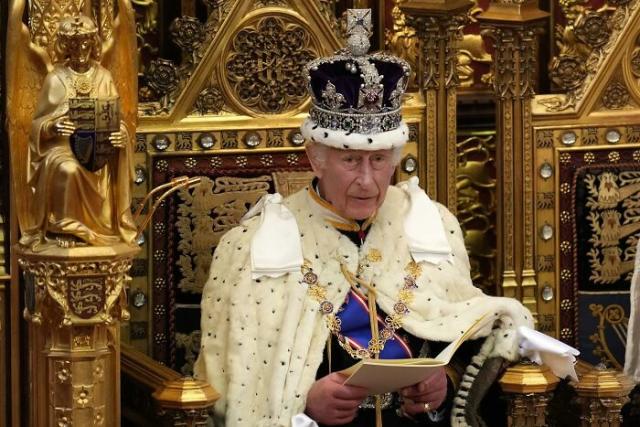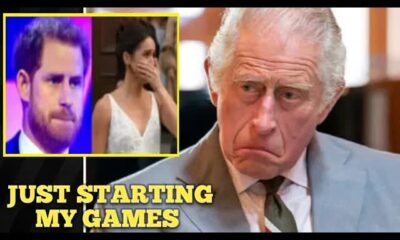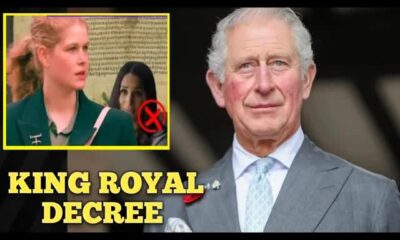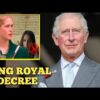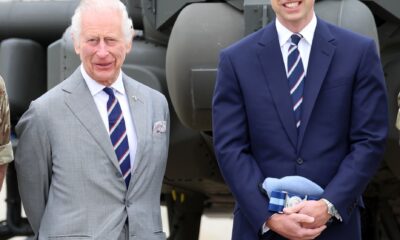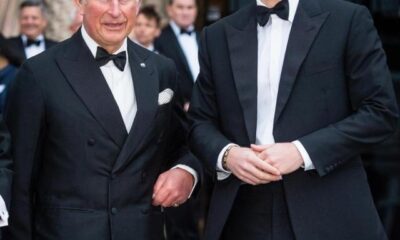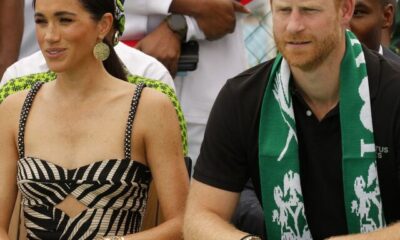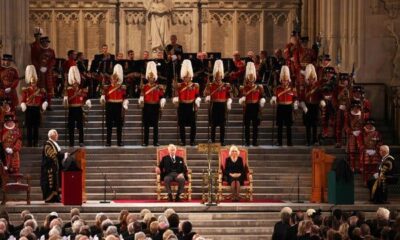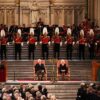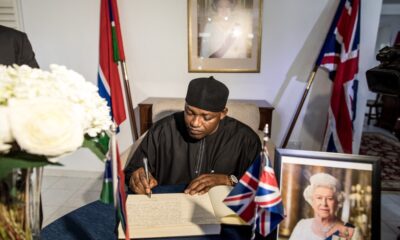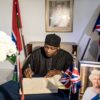The News
A Year of Change: King Charles III and the Future of the Monarchy
As the United Kingdom commemorates a full year under King Charles III's reign, the monarchy's future is becoming an increasingly contentious subject.
Public sentiment towards the royal family has shifted dramatically, with recent polls indicating that one-third of the population now holds a negative view of the institution.
This divide appears to be influenced by generational differences, highlighting a growing discontent among younger citizens.
The protocols surrounding the line of succession remain intricate and well-defined.
Although Charles's second son and his wife have made headlines by stepping back from royal duties, they have no plans to abdicate their positions.
They, along with their children, continue to be part of the succession line, ensuring their royal legacy remains intact.
In a surprising turn, Princess Anne and Prince William have recently opened up about their perspectives on King Charles.
Historically, both have maintained a focus on their royal responsibilities, steering clear of family controversies.
However, with the spotlight now firmly on King Charles, they felt compelled to share their insights, shedding light on the dynamics within the royal family.
Prince William, the older son of King Charles and the late Princess Diana, expressed his desire for a more modern approach to the monarchy.
He articulated plans to redefine official duties, favoring a smaller royal presence.
This vision may represent a significant shift in how the British monarchy could adapt and thrive in a post-Queen Elizabeth II era.
Despite some positive media coverage, not everyone has embraced William's vision.
While tabloids hailed his comments as a transformative shake-up for the monarchy, others were less enthusiastic.
His attempts to present a more relatable image even extended to his wardrobe choices, which sparked debate during his recent trip to South Africa when he opted for casual attire.
The public's fascination with royal fashion underscores a broader interest in how royals navigate their roles.
For many, the appeal of the monarchy lies not in seeing them as ordinary people but in maintaining the grandeur associated with royalty.
William's upcoming solo appearance in London, coinciding with his wife's Christmas carol concert, will further test this balance between tradition and modernity.
On Monday, William joined His Highness Feazan bin Haitham, heir to the Omani throne, at the Royal Geographic Society in London.
While he has no immediate plans to visit Oman, he indicated that discussions for future engagements are underway, showcasing his commitment to international relations.
Princess Anne, a steadfast figure within the royal family, has consistently demonstrated her dedication to duty.
Unlike some royals who occasionally retreat from public life, Anne has remained a reliable presence.
Recently, she has shared her candid thoughts about the unique challenges her brother faces as king, offering a glimpse into their close-knit relationship.
Despite their bond, Anne hasn't hesitated to address the pressing issues confronting the monarchy.
The debate over the monarchy's relevance versus calls for its abolition has intensified since Charles ascended the throne after Queen Elizabeth II's passing.
The contrasting opinions reflect a society grappling with its historical ties to the royal family.
Charles's coronation last May was markedly different from that of his mother, being both smaller and shorter in scope.
This decision was influenced by the ongoing cost-of-living crisis affecting many Britons.
Official reports indicate that the ceremony cost taxpayers £72 million, significantly less than the expenses incurred for Queen Elizabeth's funeral.
A substantial portion of the coronation budget, approximately £21.7 million, was allocated for policing the event, which attracted tens of thousands of spectators in central London.
This careful financial planning underscores Charles's awareness of the current socio-economic climate and the need for the monarchy to adapt accordingly.
As the monarchy navigates these turbulent waters, the evolving relationships and perspectives within the royal family will play a crucial role in shaping its future.
With voices like those of Princess Anne and Prince William emerging, it seems that the royal family is ready to confront the challenges ahead while remaining committed to their enduring legacy.


